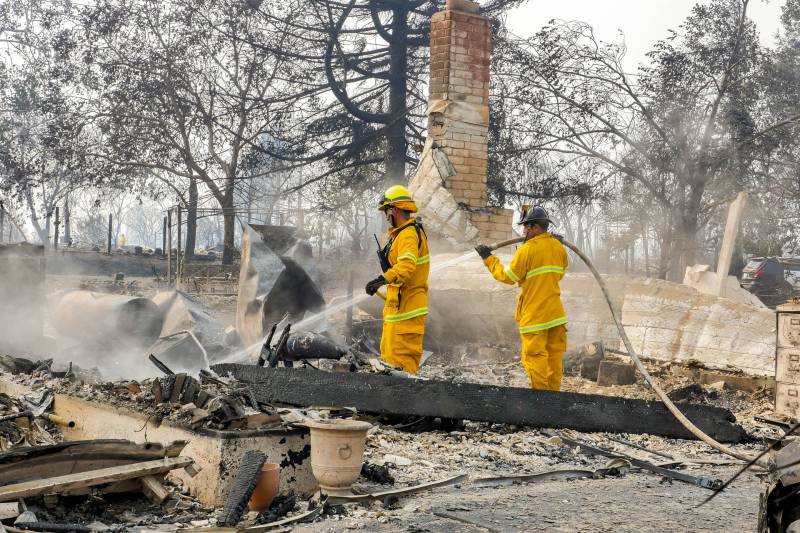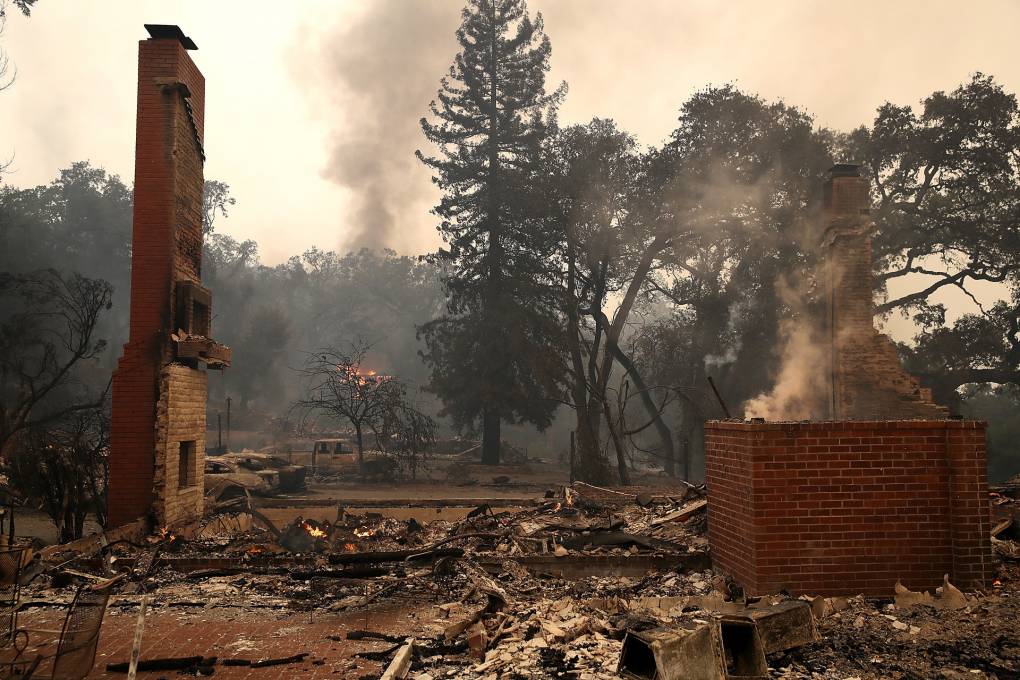Under scrutiny over a potential conflict of interest, a lawyer representing thousands of fire survivors sought to defend himself during a PG&E bankruptcy hearing Tuesday.
The debate centered on whether – and how – Texas-based attorney Mikal Watts should have told his clients when he learned that one of his own credit lines, via a broker, had been funded by Wall Street firms whose interests are at odds with those of fire survivors.
William Abrams, whose family home was destroyed in the 2017 Tubbs Fire, said Watts' potential conflict may have adversely influenced the multi-billion-dollar settlement between PG&E and fire victims, which Watts helped negotiate along with other attorneys.
Abrams called on U.S. Judge Dennis Montali, who is overseeing PG&E's bankruptcy case, to extend the deadline for an ongoing high-stakes vote by 70,000 fire survivors on that deal. Two-thirds of those who vote on the deal must approve it for PG&E's plan to exit bankruptcy to move forward.
The deadline for fire survivors to vote is Friday, even as key terms of the deal – such as the timing and final value of the compensation – are still being negotiated with PG&E.
“It’s troubling. It should be troubling to everyone in this case,” Abrams told Judge Montali, who is now tasked with deciding whether to require additional disclosures to Watts' 16,000 fire survivor clients, or all victims, given the attorney's key role in negotiating the deal.


